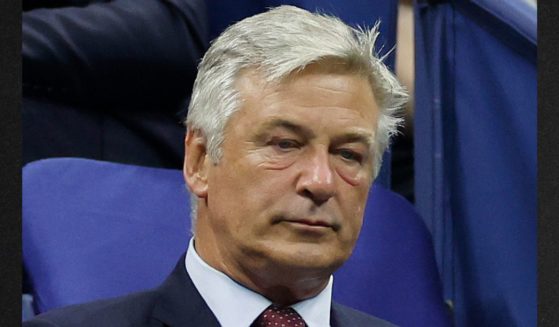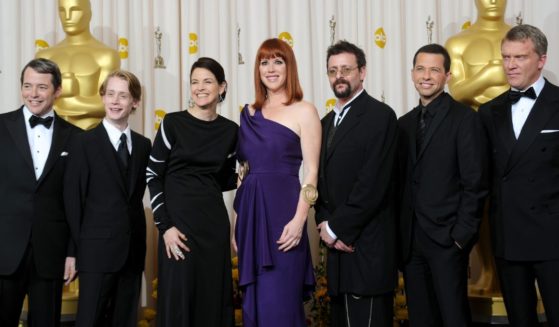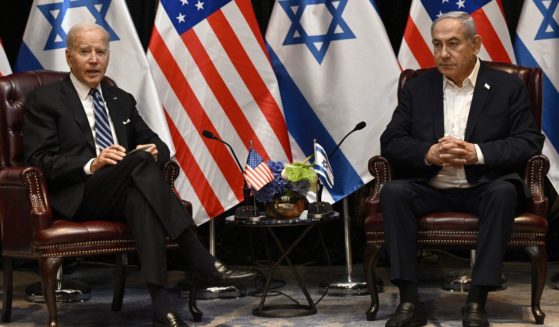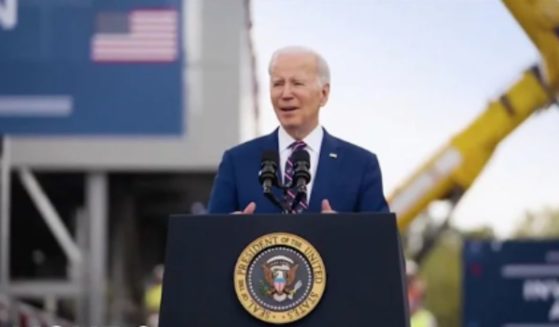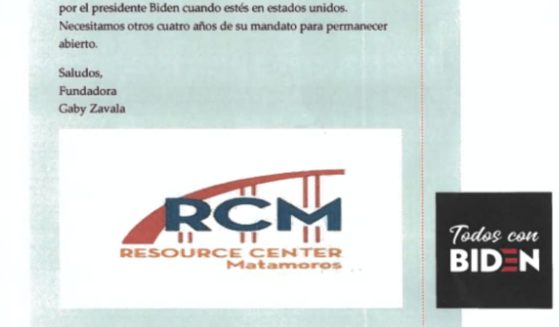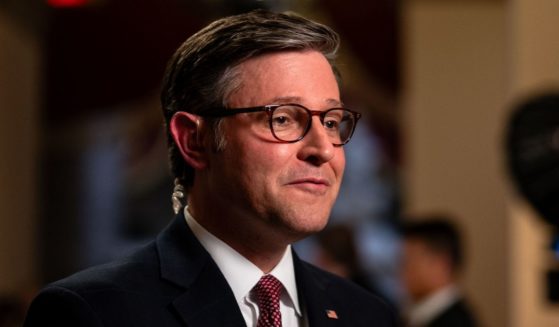Bolsonaro seeks to revise how Brazil's schools teach on coup
RIO DE JANEIRO (AP) — Days after celebrating the anniversary of the military coup that led to Brazil’s last dictatorship, the government of far-right President Jair Bolsonaro is pushing for a revision of the history curriculum for the country’s schools.
Education Minister Ricardo Velez Rodriguez says he will introduce changes in school textbooks so children will get a “true idea” of that era, describing the de facto government that took over after the coup as a “democratic regime of force.”
“Brazilian history shows that March 31, 1964, was a sovereign decision of the Brazilian society. It wasn’t the barracks that put Castelo Branco at the presidency,” Velez Rodriguez said in an interview published Thursday in the newspaper daily Valor.
Repeating Bolsonaro’s interpretation of those times, the minister denied it was a coup that removed democratically elected President Joao Goulart, saying the military acted with the support of Congress in installing Marshal Castelo Branco, head of the army, as the country’s leader.
The armed forces then shut down Congress and held power for 21 years with a regime marked by censorship, political persecution, torture and death.
Velez Rodriguez argued that Brazil adopted a “democratic regime of force because it was necessary at the time” to block the rise of communism.
The administration of Bolsonaro, a former army captain who is a fervent anti-leftist, also reaffirmed its controversial reading of Brazil’s past to the United Nations in a telegram, which The Associated Press had access to. It was sent in response to a comment by Fabian Salvioli, the U.N. special investigator on the promotion of truth, justice, reparations and guarantees of non-recurrence, who described the commemorations of the coup as “inadmissible.”
The government’s telegram said “there was not a coup d’etat but a legitimate political movement” that was supported by a majority of Brazilians to deal with “the growing threat of a communist takeover” and “terrorist organizations.”
In his interview, Velez Rodriguez said there will be “progressive changes” in school material to rescue “a broader version of history.”
Carlos Fico, a history professor at Rio de Janeiro Federal University who specializes in Latin American dictatorships, said the government’s initiative is “a purely ideological denial attempt” that will fail.
“In the field of historiography there is no doubt, there is no debate of this kind. No one is denying that there was a coup and a dictatorship because it would be considered ridiculous,” Fico said.
The government’s weekend commemoration of the coup angered many Brazilians, and protests were held in cities across Brazil.
The National Truth Commission, which investigated the crimes of Brazil’s dictatorship, has said at least 434 people were disappeared and there were more than 30,000 illegal detentions and cases of torture. But no one has ever been tried in Brazil for the regime’s abuses, unlike in Argentina, Chile and Uruguay, which have tried people associated with their dictatorships of the same era.
“In denying history, the government tries to devalue all the struggles of Brazilian workers for their rights and wipe out the gains they still have,” said Cesar Cordaro, a former Sao Paulo prosecutor who is a member of the Paulista Committee for Memory, Truth and Justice.
The Western Journal has not reviewed this Associated Press story prior to publication. Therefore, it may contain editorial bias or may in some other way not meet our normal editorial standards. It is provided to our readers as a service from The Western Journal.
Truth and Accuracy
We are committed to truth and accuracy in all of our journalism. Read our editorial standards.


